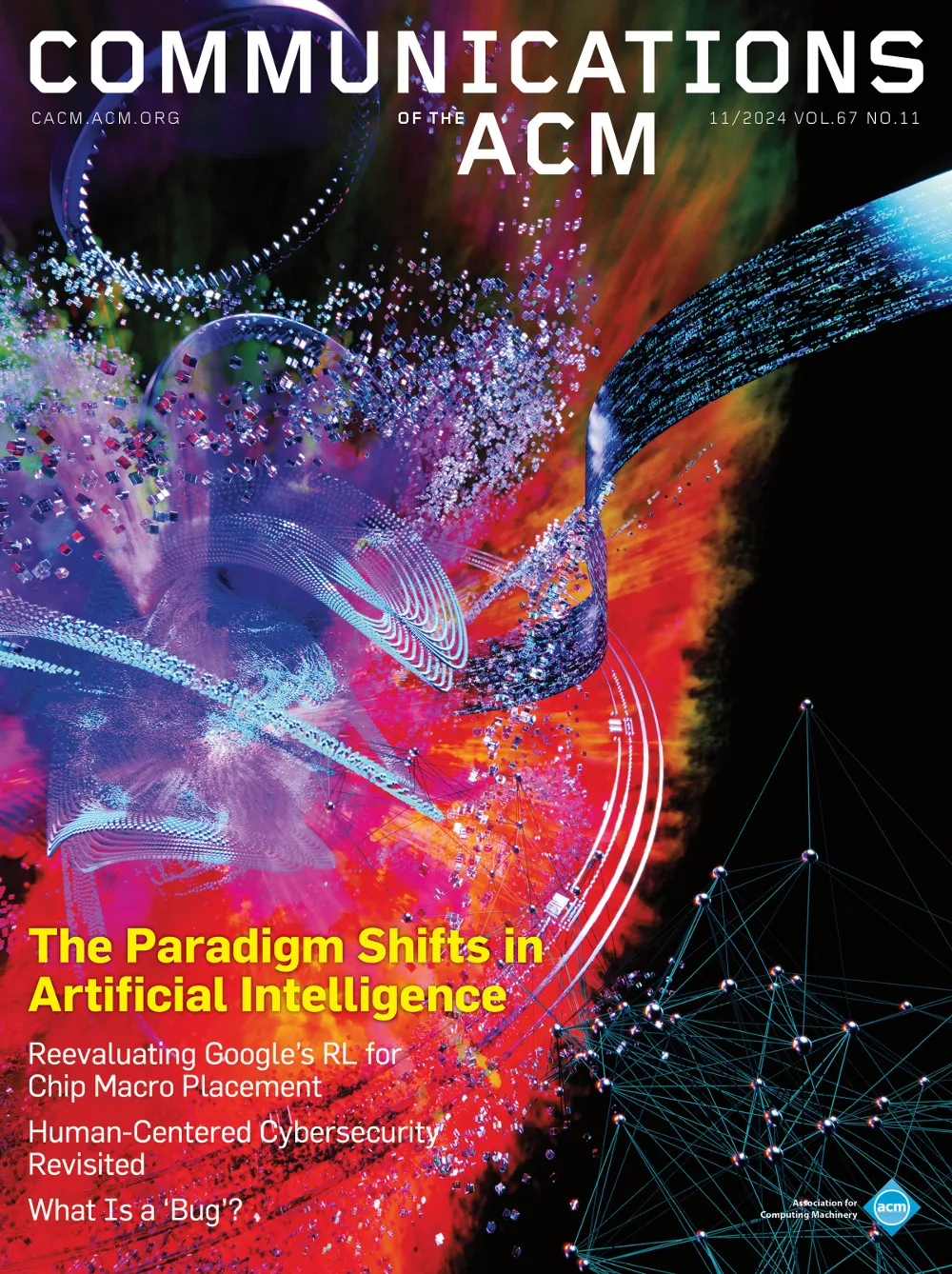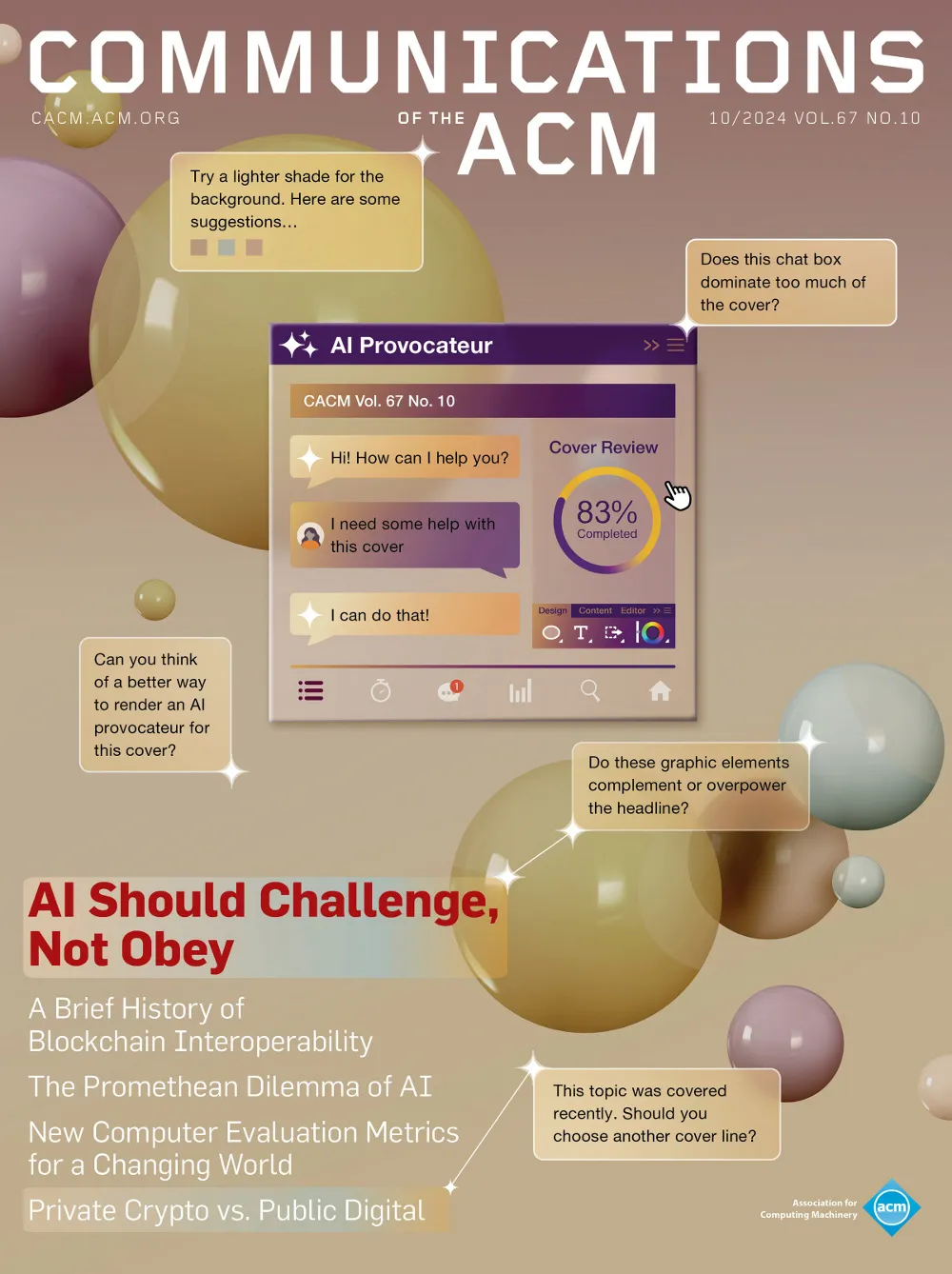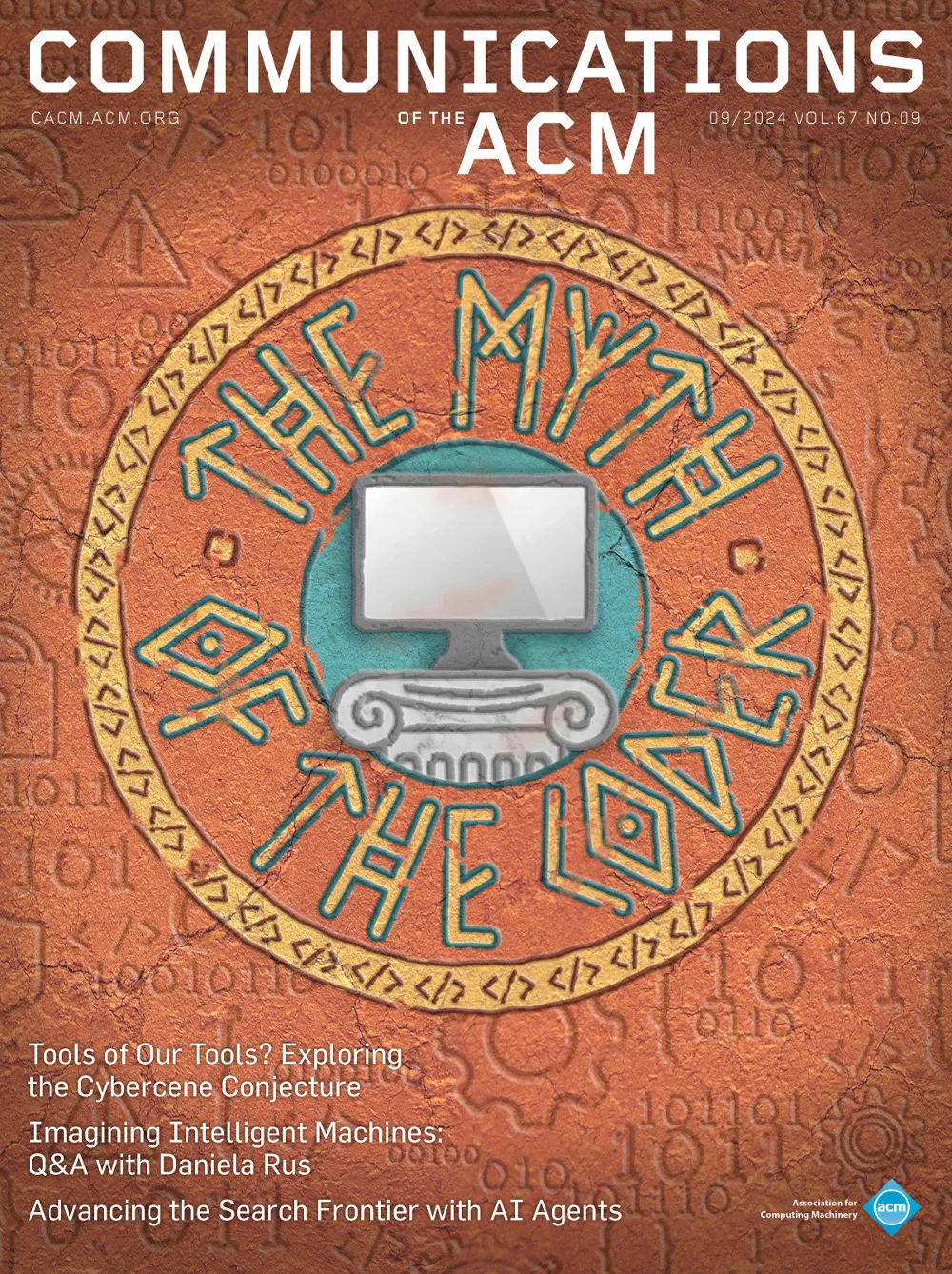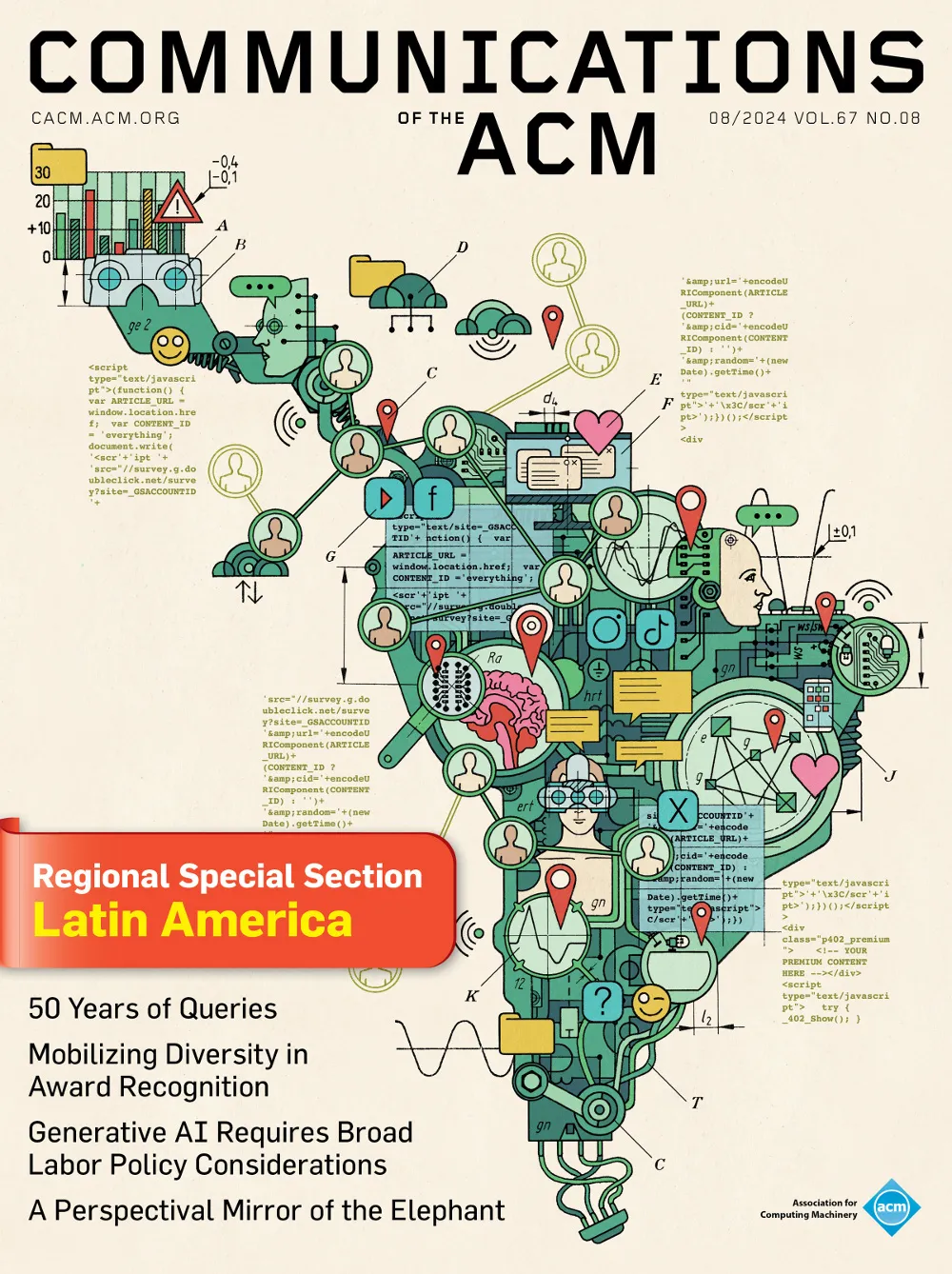December 1995 - Vol. 38 No. 12

Features
When an advantage is not an advantage
Discussion of the merits and shortcomings of affirmative action (AA) has raged at all levels and in many forums and has been the concern of many policymakers, including President Clinton. Notably absent from the discussion is the perception of AA, and the effect of the angry backlash on women and minorities. Recently, the question of whether women enjoy an “unfair advantage” was posted electronically on Systers, a private organization of over 1,800 professional women in the male-dominated field of computing. The 42 responses contained strong personal stories from women at every level of professional growth who had all dealt with the issues of gender bias and AA at each step of the way.
Cyberspace across the Sahara: computing in North Africa
Spanning 7.2 million square kilometers from the Atlantic Ocean to the Red Sea, and encompassing the Great Saharan Desert and Nile River Valley, North Africa embraces Mauritania, Western Sahara, Morocco, Algeria, Tunisia, Libya, and Egypt. Charting the development of information technology (IT) is as challenging as traversing the souks, the labyrinthine ancient marketplaces.
Over the past 50 years, computers have undergone transformation from monolithic number crunchers, to centralized repositories of management information systems, to distributed, networked, cyberspace support systems. During the same period, uses of computers have moved from computational problems to life support, from machine language to GUIs, from abstractions of work to virtual reality on the World-Wide Web. These transformations have brought with them situations that have ethical implications.
Ethical concepts and information technology
The fundamental aspects of classical and contemporary ethics, particularly as they apply to the use of IT, offer valuable lessons of professional conduct.
Managing user perceptions of email privacy
Email users, expecting privacy, risk embarassment, lawsuits, and worse.
The ethical and legal quandary of email privacy
What should conscientious employees and their ethical employers expect? It's hard to say.
Applying ethics to information technology issues
The articles in this special section express a common theme; the use of information technology in society is creating a rather unique set of ethical issues that requires the making of new moral choices on the part of society and has spawned special implications for its members. Technology itself is not the only, nor necessarily the most responsible, cause of these issues. All ethical questions arise initially out of human agency. Technology, due to its capability to augment mental and physical powers of human beings, does stand in the role of a coconspirator. The hire of power-enhancing capabilities makes technology an inducer of sorts, a necessary but not sufficient underpinning to many of the ethical issues we face today.
Accountability and computer decision systems
Are designers responsible for all of the uses of the systems they create?
Values, personal information privacy, and regulatory approaches
The relationships among nationality, cultural values, personal information privacy concerns, and information privacy regulation are examined in this article.
Computing consequences: a framework for teaching ethical computing
How to prepare tomorrow's professionals for questions that can't always be answered with faster, better, or more technology.
Ok, you expect your shrink-wrapped software to work properly, without annoying reliability bugs and security holes. Or maybe you would like the systems you develop to work properly, without serious risks to their users. But those systems don't quite work the way they are supposed to. So, what's new? Perusal of the Risks archives [1] suggests that startlingly few real success stories are recorded, and that perhaps we might as well just learn to live with almost every system having bugs—some even colossal in scope [2].



